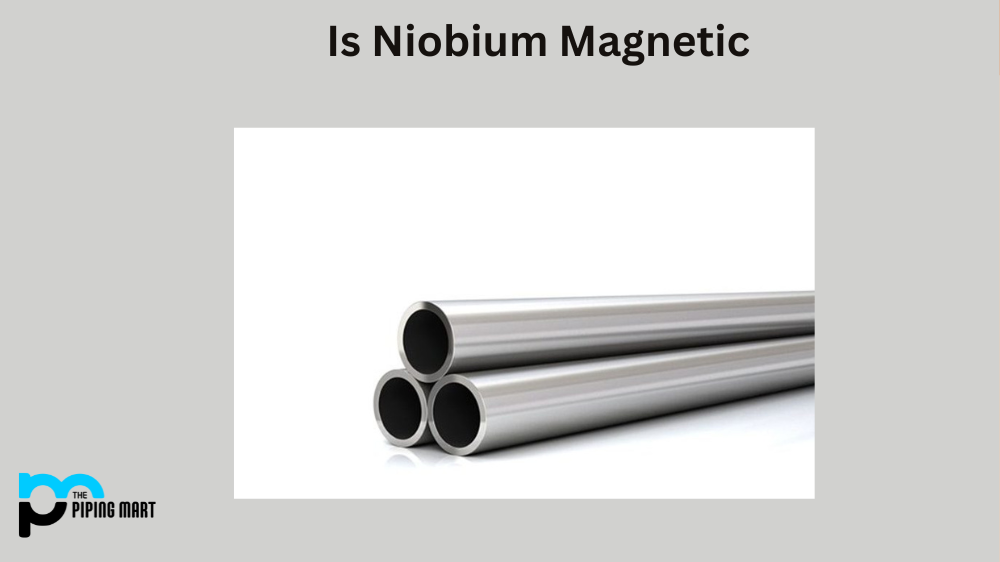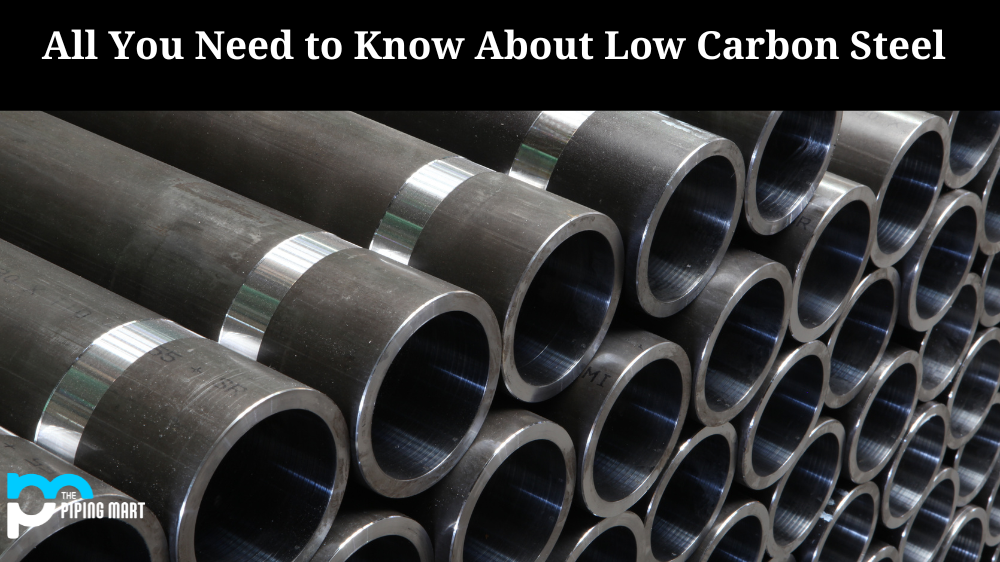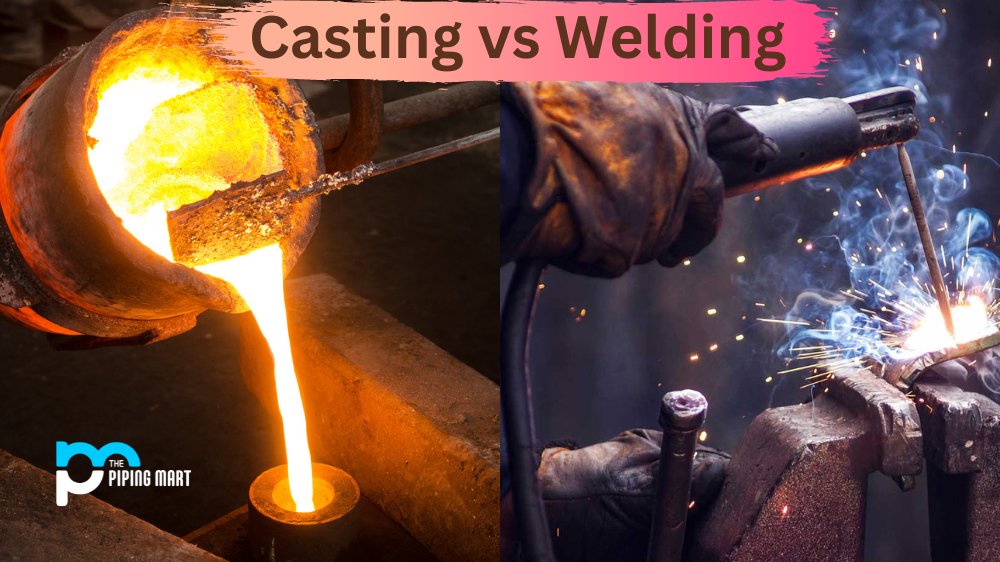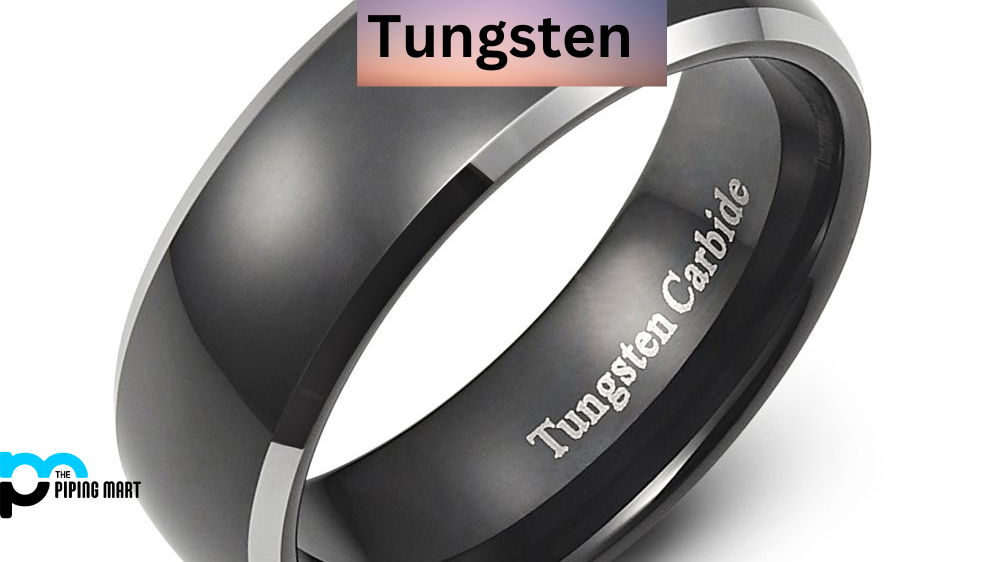Niobium is an elemental metal with many uses in electronics, aerospace, and jewelry. But the question remains—is niobium magnetic? Let’s break down why niobium may or may not be magnetic.
What is Niobium?
Niobium (Nb) is a refractory metal that has been used in various industries for decades. It’s a soft element that can be found naturally in the Earth’s crust, and it has the atomic number 41 on the periodic table of elements. Due to its low density and high melting point, it’s often used in applications that require heat resistance or lightweight components. It is also known for its corrosion resistance, making it ideal for use in medical implants and jewelry making.
Is Niobium Magnetic?
The answer to this question depends on what type of niobium you are referring to. There are two types of niobium – ferro-niobium and non-ferro-niobium. Ferro-niobium contains iron particles and niobium atoms, while non-Ferro-niobium does not contain any iron particles. Non-ferro-niobium is not magnetic. However, Ferro-niobium can be magnetized due to its iron content. This means that if you take a piece of Ferro-niobium and place it near a magnet, it will become temporarily magnetized depending on how strong the magnetic field is.
Nonferrous niobs can still be affected by a magnetic force due to their electron charge. Still, they won’t become magnetized like ferrous ones will because there isn’t any iron present to give them “magnetic memory,” so they won’t stay magnetized when exposed to different fields. Suppose you want your application to remain magnetically neutral. In that case, you should opt for nonferrous niobium, as this won’t have any lasting effects from exposure to an external magnetic field.
Conclusion:
In conclusion, whether or not niobium is magnetic depends on the type of niobium you have; either ferrous or nonferrous niobium can be affected by an external magnetic field, but only ferrous niobium will retain its “magnetic memory.” If your application requires a material that won’t be affected by external forces, opt for nonferrous niobium, as this won’t retain any lasting effects from exposure to an external magnetic field. Ultimately, understanding which type of niobium best suits your needs will help you choose the right one for your application!
Meet Heer, a dynamic and driven writer learning tricks of her trade in the metal industry. With a background in Digital Marketing, Heer brings a unique perspective to her writing, sharing valuable insights. Apart from blogging she like reading and hiking.




